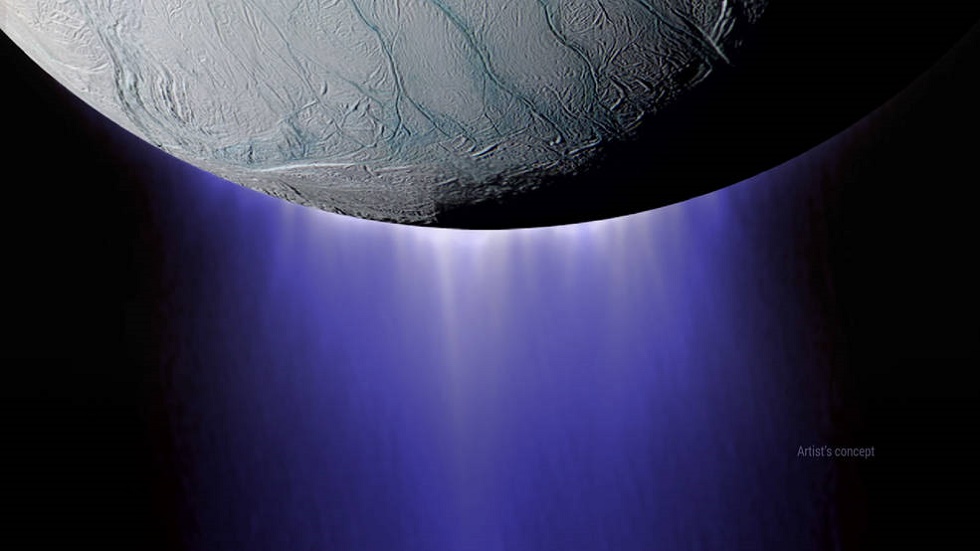
The spacecraft Cassini will be flying through one of Enceladus plumes of water and ice today. According to NASA, chances are that it will detect conditions for life.
The Cassini spacecraft will undertake one of the most spectacular maneuver’s in space history, as it will do a very close passage past Saturn’s moon Enceladus.
Water = Life?
NASA’s deems it very interesting to further examine Enceladus as it was concluded recently that the moon harbors a global ocean beneath its frozen surface.
This ocean is kept liquid as evident by the plumes of water regularly blown out into space. Since liquid water is a prerequisite for life as we know it, this little moon might just also be harboring some fantastic secrets.
However, Cassini isn’t equipped to detect signs of life directly, as it wasn’t designed to do that. But it is equipped with instruments able to measure how the ocean are composed. As it can measure the amount of molecular hydrogen in the plumes of – whatever it is.
Through The Plumes
Cassini will pass Enceladus at an altitude of only 49 kilometers and will fly through the plumes of ice and water jets at the moon’s south pole.
Cassini has done similar moves before. But not this close. And as it will be passing by so very close, it will potentially be able to detect molecules previously undetectable.
Since quite a lot of material that comes up through the vents only go up so far before returning to the surface. Just as one of the geysers of Iceland or Yellowstone National Park, the further up, the fewer water droplets.
The Last Voyage
Cassini’s mission has been extended a number of times. As it was first launched in 1997 already, it reached the orbit around Saturn in 2004. Its mission was planned to last for four years.
Then it was prolonged initially by two years to 2010 and then further to 2017.
After the flyby of Enceladus today, it will explore Saturn’s rings and their possible ionosphere at very close range before finally being forced to crash into Saturn. To disintegrate in the immense atmosphere to prevent persistent organisms carried from Earth to contaminate the environments on any of the various moons.
Hopefully, the measurements today will provide more data that the scientists could even hope for when the mission was planned. But with every more dangerous maneuver, the risk increases.
_____________
Cassini | NASA
Deepest-Ever Dive Through Enceladus Plume Completed
__________________________

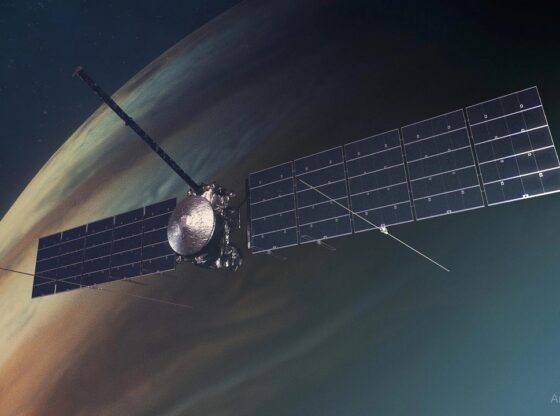
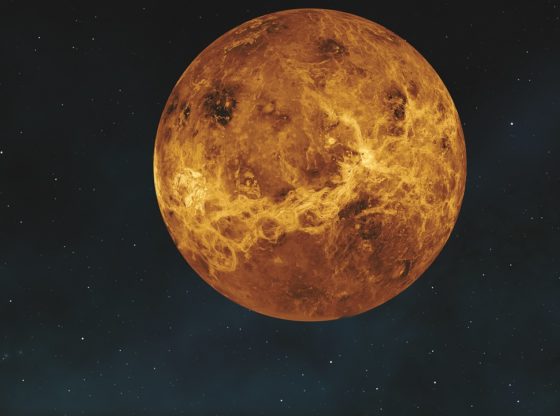
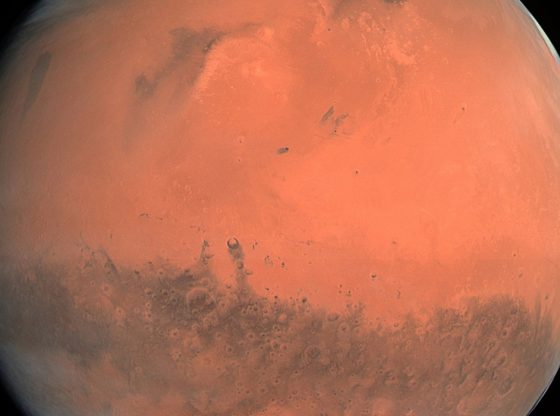
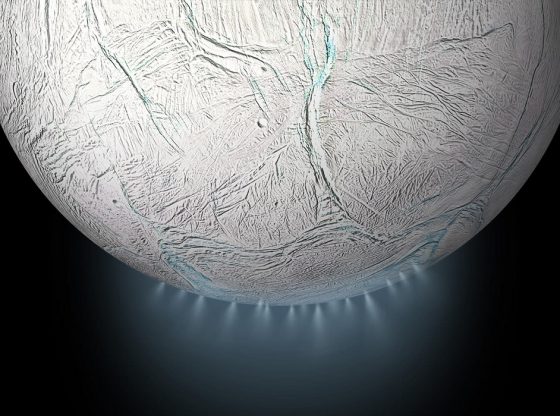
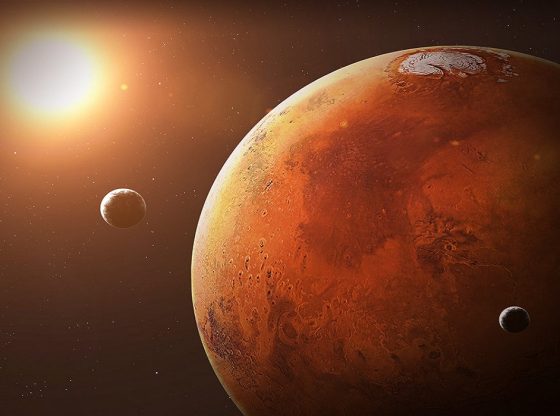
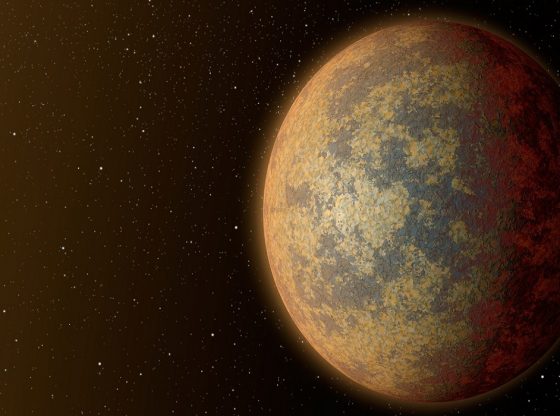
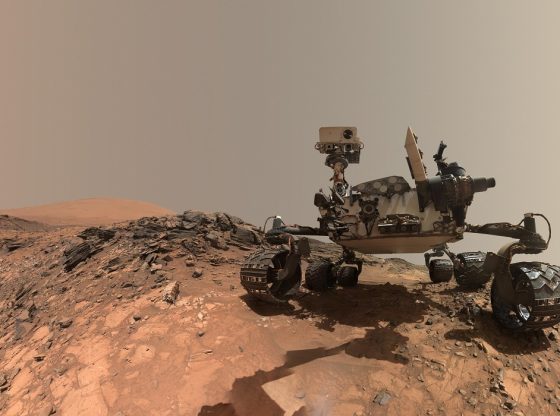
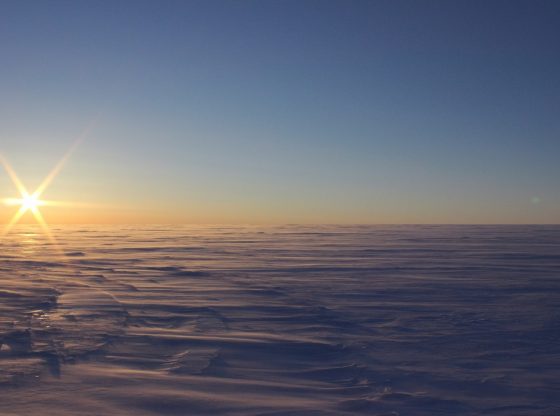
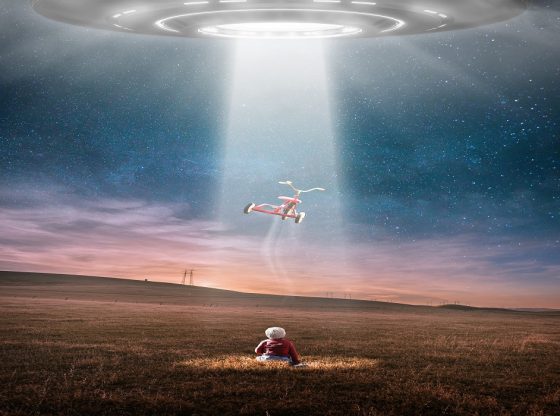

![OpenAI. (2025). ChatGPT [Large language model]. https://chatgpt.com](https://www.illustratedcuriosity.com/files/media/55136/b1b0b614-5b72-486c-901d-ff244549d67a-350x260.webp)
![OpenAI. (2025). ChatGPT [Large language model]. https://chatgpt.com](https://www.illustratedcuriosity.com/files/media/55124/79bc18fa-f616-4951-856f-cc724ad5d497-350x260.webp)
![OpenAI. (2025). ChatGPT [Large language model]. https://chatgpt.com](https://www.illustratedcuriosity.com/files/media/55099/2638a982-b4de-4913-8a1c-1479df352bf3-350x260.webp)








